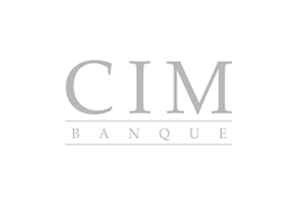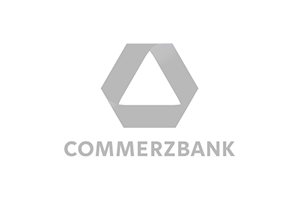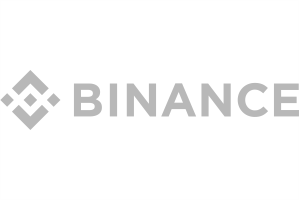Because of the regulations that became a bit severe in 2018, the Malta Financial Services Authority, unfortunately, grants its licenses in rare cases at the moment. For instance, it has granted the Class 3 license for arranging crypto payments to Moneybite, a local Maltese company. For foreign companies, the issue of getting a license remains problematic, unfortunately, especially if we speak about crypto exchanges (Class 4 license is required). Even if getting a license is not entirely easy at the moment, this is possible if lots of aspects are observed as the regulator expects.
If we speak precisely about the legal regime for arranging operations with cryptocurrencies, it was created by the adoption of three major legal acts – the beginning of their action starts in the autumn of 2018. The standards describe the regulations to cryptocurrencies and ICO, the requirements for crypto-projects, and the procedure for their legalization. Here are the principal highlights of these legal acts.
Major legal acts
- On Virtual Financial Assets (VFAA) – the principal state legal act that outlines a basic scope of rules for regulating operations with cryptocurrencies. It shortlists compulsory demands applicable to whitepapers, advertising, license requirements, types of liability, etc. According to the considered regulatory act, exchangers, processors, and other service providers of FAA services are issued with licenses for cryptocurrency. An obligation on the regular publication of data on the financial model of the company and other indicators established by the norms is also fixed.
- On Innovative Technology Arrangements and Services – the act contains a description of the procedure for FAA suppliers’ certification and registering firms wishing to carry out an exchange business. Precisely, the reviewed legal document covers various aspects as to software, smart contracts, and possible applicable arrangements for innovative technology.
- On the Malta Digital Innovation Authority – this regulatory act expands the aspects of technology innovations, including decentralized or distributed innovative technologies, various regulatory functions concerning such, including the powers and activities of the Malta Digital Innovation Authority.
Subject to observing the requirements of the MFSA, the service provider will become a company authorized to manage VFA-exchange, operate with client money, virtual financial assets, and crypto keys.
Getting of permissions
The Maltese cryptocurrency license is divided into classes – from limited to a complex one, with increased requirements:
- Class 1 (receiving and transferring orders, consulting on virtual financial assets) – a one-time fee of 3,000 euros, plus a progressive observation fee once a year from 2,750 euros.
- Class 2 (VFA-services, transactions with foreign money without an exchange for own accounts) – 5,000 euros, plus from 4,500 euros annually.
- Class 3 (all operations without exchange) – 7,000 euros and once a year from 6,000 euros.
- Class 4 (VFA-operations, including customer funds, custodial services) – 12,000 euros and from 25,000 euros annually.
The license for the cryptocurrency exchange is issued after going through the procedure described in the draft laws. The regulator requires the creation of a “real” business with a physical office and proof of good faith, experience, and technical resources. It is necessary to:
- create a legal entity (Private Limited Liability Company) with a capital of 1,165 euros, having paid 20%;
- rent a facility and hire of at least 3 employees – a director can be a nominal representative;
- prepare documentation for the initial submission to the MFSA – a description of the financial instruments testing, security systems and protocols, participation in the countering against money laundering, and so on;
- obtain, if the outcome is favorable, a permit from the authorization department and assign a VFA operator (it can be the company itself).
If you insist on arranging your crypto business exactly in Malta, Aotopay specialists may think about possible options for realizing this intention and suggest alternatives that are probably a number of times easier to realize. Our lawyers will help to go through all the stages of the procedure, create a business and open an account in a Maltese or any other bank worldwide where this is possible. We will advise you on all the innovations in the legislation and will provide support in the day-to-day work. Reach us shortly for more precise advice and suggestions.








